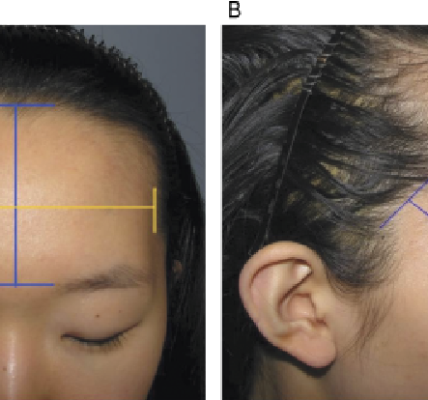Hair transplantation is a surgical procedure that involves removing hair follicles from one part of the body (the donor site) and transplanting them to another (the recipient site). While hair transplantation is generally considered safe, there are certain health conditions that may increase the risks associated with the procedure. This essay explores the safety of hair transplantation for individuals with health issues and the factors that should be considered before undergoing the procedure.
One of the primary concerns for individuals with health issues considering hair transplantation is the impact of the procedure on their underlying condition. Certain health conditions, such as uncontrolled diabetes, autoimmune disorders, and blood clotting disorders, may increase the risk of complications during and after the procedure. It is essential for individuals with these conditions to consult with their healthcare provider and a qualified hair transplant surgeon to assess the risks and benefits of the procedure.
Another consideration for individuals with health issues is the impact of the procedure on their overall health and well-being. Hair transplantation is a surgical procedure that requires anesthesia and involves incisions and sutures, which can pose risks for individuals with certain health conditions. Additionally, the recovery period following the procedure may be longer and more challenging for individuals with health issues, requiring careful monitoring and management of post-operative care.
Despite these considerations, many individuals with health issues can safely undergo hair transplantation with proper evaluation and precautions. It is crucial for individuals to disclose their medical history and any underlying health conditions to their healthcare provider and hair transplant surgeon before undergoing the procedure. This information will help the healthcare team assess the risks and develop a personalized treatment plan that minimizes the potential for complications.
In conclusion, while hair transplant in the Philippines is generally considered safe, individuals with health issues should carefully consider the risks and benefits of the procedure before undergoing treatment. It is essential to consult with a qualified healthcare provider and hair transplant surgeon to assess the suitability of the procedure based on individual health needs. With proper evaluation and precautions, many individuals with health issues can safely undergo hair transplantation and achieve satisfactory results.



